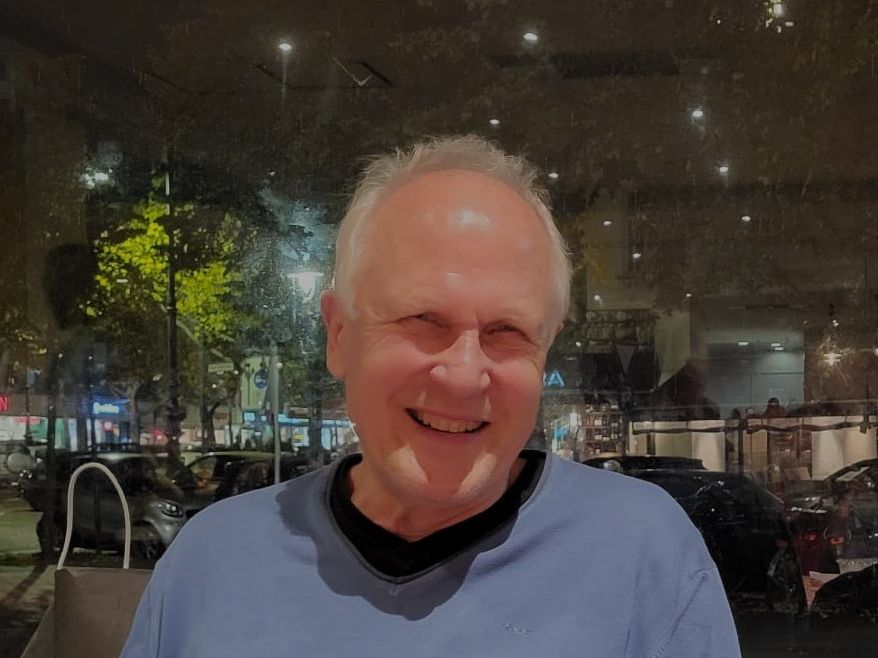Europe Weeks Bremen: Africa and the European Union

For the third time, the alumni association took part in Bremen’s Europe Weeks held in May and this time around, it was also about academic perspectives on a highly topical issue: How will future relations between the EU and Africa be shaped, is a new partnership emerging? During the online discussion, our alumnus Prof Dr Robert Kappel, economist and president emeritus of the German Institute for Global and Area Studies in Hamburg, gave an excellent presentation of facts and contexts and thus opened a rousing debate with alumni and Research Ambassadors from Africa.
The EU urgently needs to rebalance its relations with Africa – that was the bottom line from Prof Kappel. The EU needs a paradigm shift to get past its still-present post-colonial approach. Cooperation remains characterised by development aid and its accompanying mentality. In its place should be investment and an expansion of trade. There are ample areas of joint interest: climate change, infrastructure projects and, above all, the development of urban centres. In Africa, Kappel pointed out, not only is the population growing more rapidly than on any other continent, but the megacities of the future are already emerging there, for example in the several hundred kilometre-long coastal strip between Abidjan, the capital of Côte d'Ivoire, and Ghana's capital Accra.
What gives hope, Kappel explained, is the fact that unlike China or the USA, African countries now have extensive access to European markets. There is an active exchange and dialogue between European and African institutions and states. Europe has recognised the significance of the transformation processes currently underway across the African continent.
This was also confirmed by Mary Namukose, an alumna and environmental scientist from Uganda who works in the capital Kampala for the German Agency for International Cooperation (GIZ) on various water projects. From Uganda's point of view, the narrative has noticeably shifted and the dialogue that’s happening now is one of equals.
Rozena Maart, professor at the University of KwaZulu-Natal in Durban, South Africa, and University of Bremen Research Ambassador, emphasised that expectations are often too high about how quickly the transition from decolonisation to Africanisation can be accomplished. Almost 30 years after the end of apartheid, South Africa still does not have a clear idea of its own national identity and that affects its relations with other African countries and, of course, with the EU.
It was a debate on a highly complex issue, where the speakers all agreed that change comes through many small steps. Especially important given that context: the ongoing exchange of students.
Here you can watch the video of the presentation and discussion.

